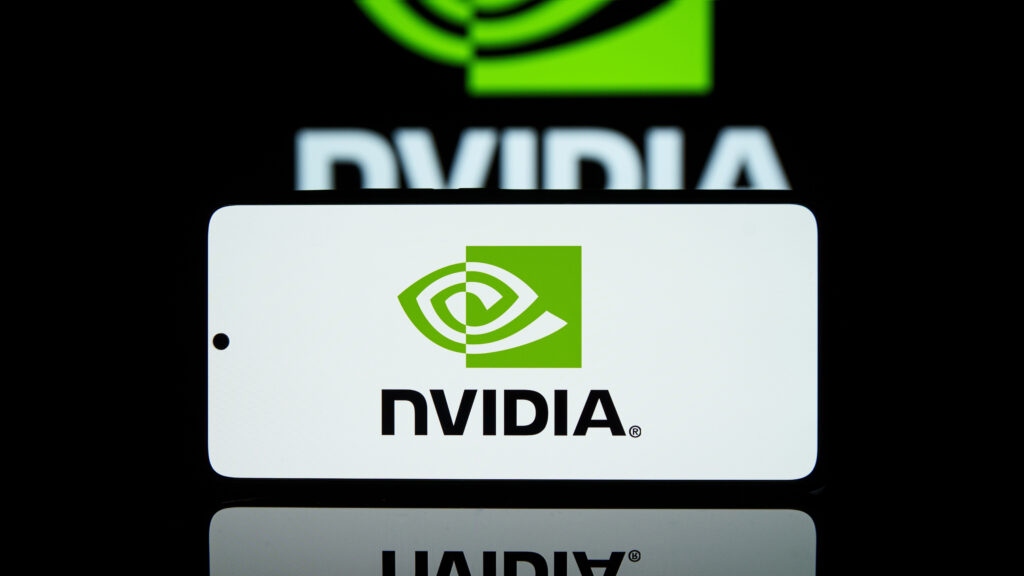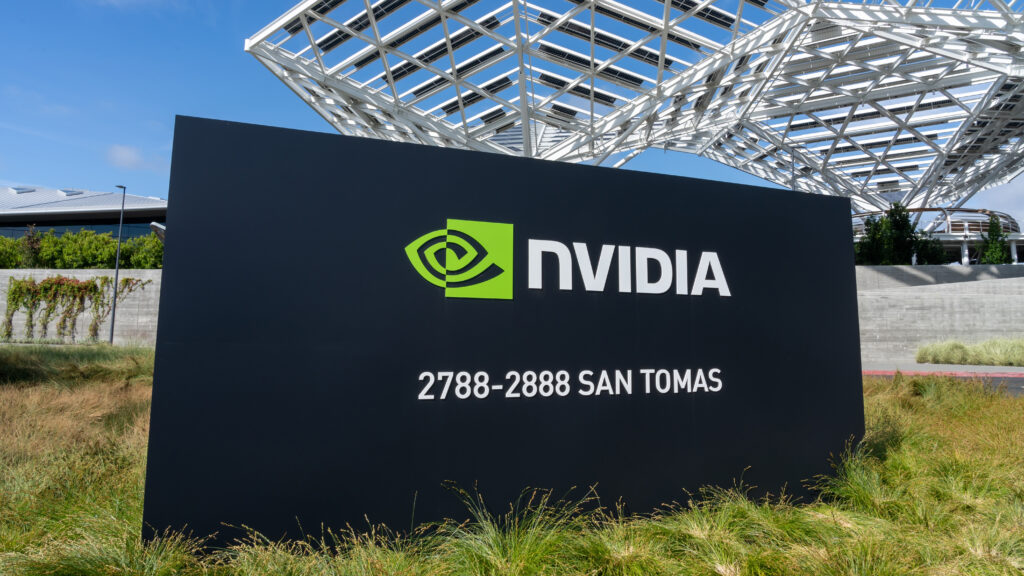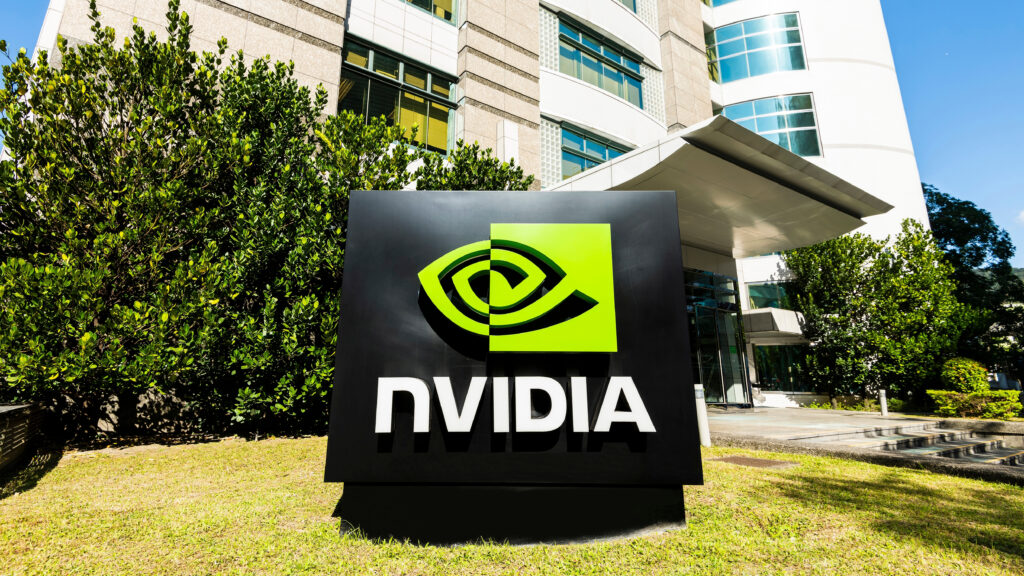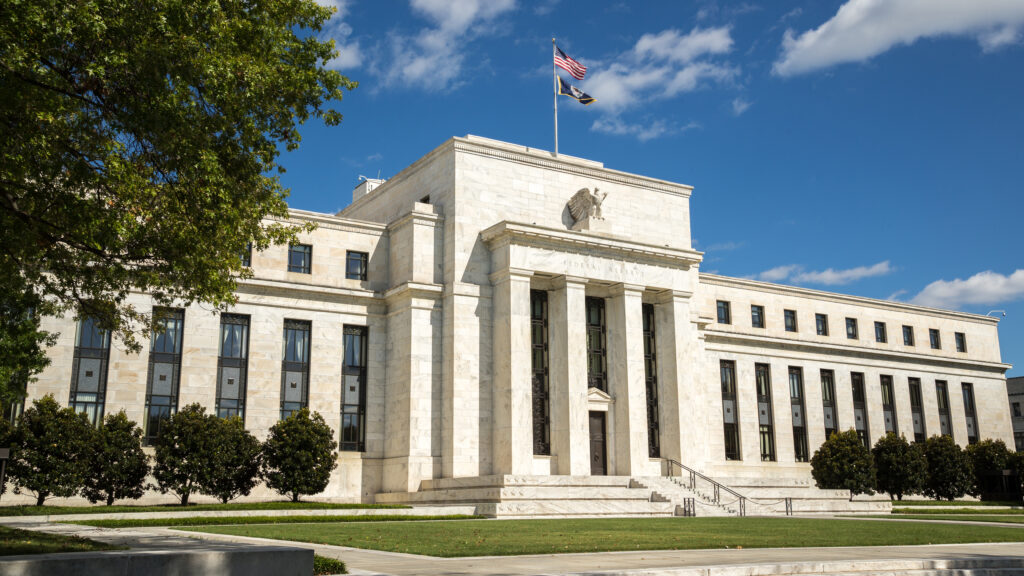On Tuesday, Nvidia (NVDA) experienced a significant 9.5% drop in stock price, wiping out $279 billion in shareholder value—the largest one-day market cap loss for any U.S. company.
This headline-grabbing decline has led to some concern, but it’s essential to consider the context. Since ChatGPT’s debut in November 2022, Nvidia’s stock has surged over six times its initial value despite occasional short-term declines.
Interestingly, eight of the top ten largest single-day market cap losses involve Nvidia due to its sheer size and rapid growth as a semiconductor company. This makes such large fluctuations almost inevitable—a simple result of scale and high growth rates.
Nvidia is also responsible for five of the top ten one-day market gains ever recorded—most notably an impressive $327 billion increase on July 31st this year.
In comparison with other giant U.S companies like Apple and Microsoft—both worth more than $2 trillion—Nvidia stands out because it achieved a stunning 122% revenue growth last quarter alone.
Past patterns show that after each historic drop, Nvidia’s stock rebounds eventually; thus these declines often don’t signify long-term issues. Tuesday’s dip wasn’t related directly to corporate performance but rather seemed driven by broader trends like rotation away from growth stocks following mixed manufacturing data from ISM reports. Despite this recent fall-off , NVDA remains S&P500 best-performing share up-to-date standing at +118%, far ahead second-best performer Vistra (+103%).
Investing into leading performers involves dealing with volatility. Stocks rising consistently without any drops are rare finds indeed!
Of course down-the-road scenario may see longer fall-offs when material revenue slowdowns occur particularly within AI domain where currently GPUs sales contribute heavily (~40%) towards Data Center Revenue source stemming mostly cutting-edge model training processes.
As mainstream adoption grows further beyond just-niche applications; overall training demand predictably will curb yet not anytime soon! CEO Jensen Huang recently highlighted ongoing benefits scaling-up models providing ample motivation customers continue purchasing accordingly.






